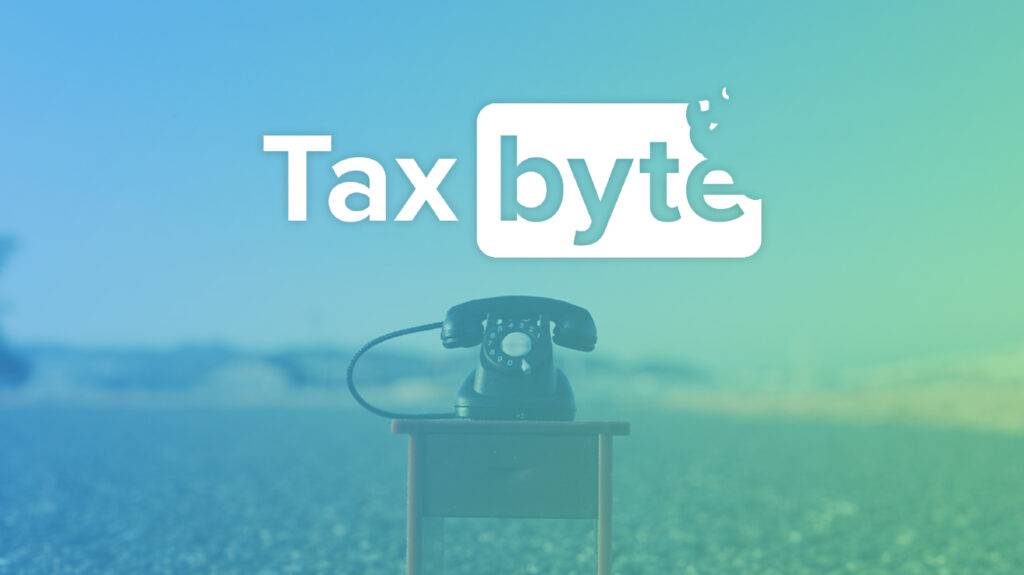
- |
- TaxByte
Notice 2026-05 provides critical guidance on the OBBBA's HSA expansions, including eligibility requirements for bronze
4 min read
SHOP THE WINTER SALE – Get deals across the digital catalog, conferences, credit packages, and more.

I know what you’re thinking: if only the Senate would get moving on that House-approved tax bill, the tax world might not be such a bad place after all. Or maybe you’ve already lost all hope, which is probably best, because while the measure might have legs, they ain’t movin’.
At least, not yet, anyway.
In case you missed it, last week the House cleared the bipartisan Tax Relief for American Families and Workers Act of 2024 (HR 7024) by an impressive 357-to-70 vote on January 31. The tax bill, spearheaded by Senate Finance Chair Ron Wyden, D-Ore., and House Ways and Means Chair Jason Smith, R-Mo., would retroactively enhance the child tax credit and extend certain favorable business provisions. Although the House sent the measure to the upper chamber with overwhelming momentum, it was received with far less enthusiasm.
Long story short, we probably won’t see the bill reach the Senate floor until closer to March. Senate Finance Committee ranking member Mike Crapo, R-Idaho, who has been insisting on a committee markup of the bill, has said that he and colleagues need to “vet the legislation, address concerns, and make the necessary changes to build support.” Likewise, Senate Minority Whip John Thune, R-S.D., has said that a process allowing for amendments to the bill, ideally in committee, is a prerequisite for its passage. Otherwise, it won’t get 60 votes, Thune has cautioned Senate leadership.
As you may have guessed, some Senate Republicans have concerns with elements of the enhanced Child Tax Credit provision, while some Democratic Senators are unhappy with extending business tax breaks. In addition to lawmakers’ tax policy disagreements, the Senate has its focus on other priorities right now, which are adding to the delay. Not to mention a dwindling legislative calendar for the month of February. These other priorities include tumultuous negotiations on an emergency aid package with border funding as well as approaching government funding deadlines during the first two weeks of March.
To that end, a senior Congressional aide told Western CPE there would be no significant floor movement on the tax bill in the coming weeks. “Watch Wyden and Crapo to see if the Finance Committee has a hearing or markup,” the staffer told Western CPE, adding that “after that, the tax bill is still behind the supplemental and regular appropriations in terms of floor consideration.”
As currently drafted, the House-approved bill includes the following provisions, among others:
Additionally, the bill would bar all Employee Retention Credit claims after January 31, 2024, putting an early end to the controversial COVID-related relief program while enhancing penalties.
For more discussion on the bill and other important updates concerning the 2024 extension season—I mean tax filing season—tune in to The Western CPE Show live this Friday with yours truly, featuring experts Sharon Kreider, CPA and Mark Seid, EA, CPA. Register HERE.

Stay updated with more breaking tax-related developments by subscribing to Tax Bytes with Jessica Jeane, J.D.






Subscribe to our news, analysis, and updates to receive 10% off your first purchase of an on-demand digital CPE course.